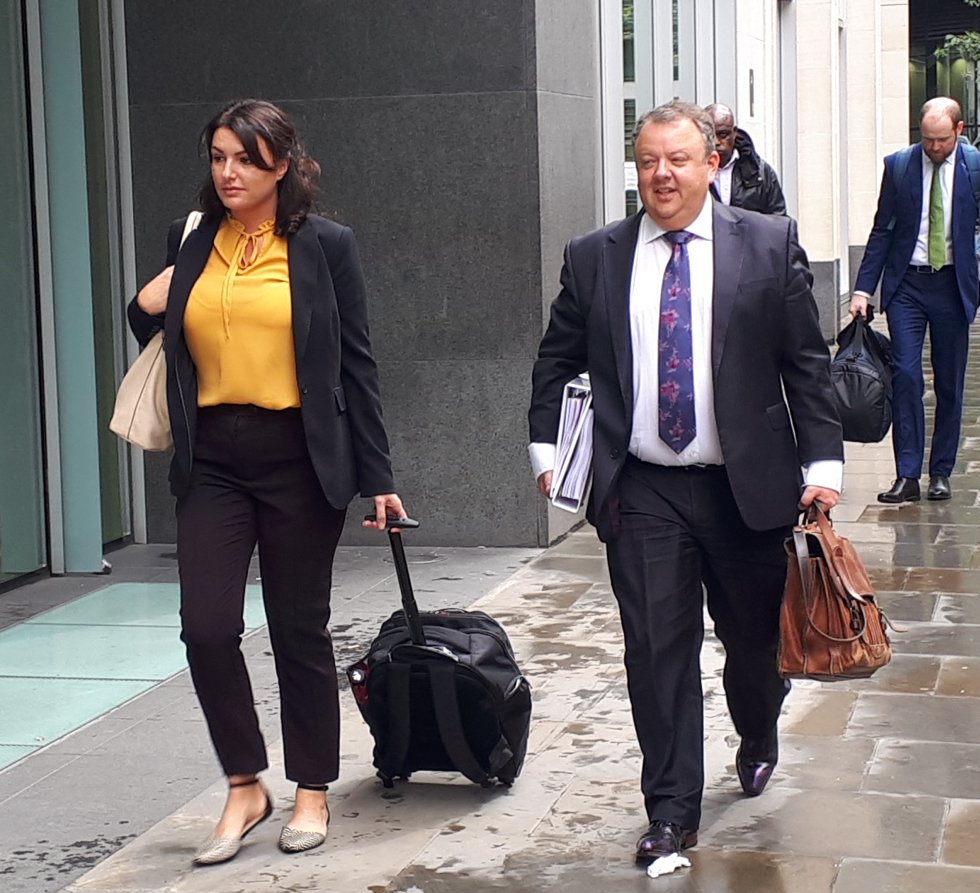[Thread]
What happens if #nCoV2019 becomes more serious?
Public health crises become human rights catastrophes at the drop of a hat.
Keep Current with Nicholas G. Evans
This Thread may be Removed Anytime!
Twitter may remove this content at anytime, convert it as a PDF, save and print for later use!

1) Follow Thread Reader App on Twitter so you can easily mention us!
2) Go to a Twitter thread (series of Tweets by the same owner) and mention us with a keyword "unroll"
@threadreaderapp unroll
You can practice here first or read more on our help page!





